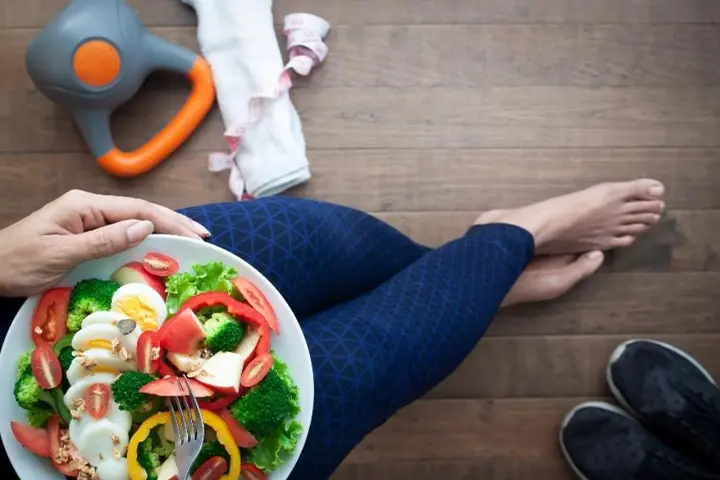Recent Blogs
- Caring for Your Friends’ and Family’s Vein Health
- Free Legs Vein Screening
- Can you travel after Vein Treatment?
- 8 Steps to Prep For Your First Vein Appointment
- What Should You Know About Flying After Sclerotherapy?
- Varicose Veins and Athletes: Can Sports Cause or Prevent Them?
- What's Behind the Sudden Appearance of Pesky Spider Veins?
- How to Exercise for Varicose Veins?
- Do Varicose Veins Get Worse Without Treatment?
- Sclerotherapy An Effective Treatment for Varicose and Spider Veins
Published on: 30-Oct-2024

Can Dietary Modifications Play a Role in Managing or Preventing Varicose Veins?
Are you also concerned about developing varicose veins in older age? While treatments like laser therapy and sclerotherapy are effective, making certain adjustments to your diet may help manage the condition or reduce the risk of developing it in the first place. Let’s learn about these dietary modifications in this month’s post:
Fiber: A Key Nutrient for Healthy Veins
Preventing varicose veins is linked to one of the most significant dietary adjustments which is increasing your fiber intake. As per studies, people who consume adequate amounts of dietary fiber are less likely to suffer from varicose veins, as constipation-induced strain can exacerbate the condition.
Fiber-rich foods include:
Fruits
Vegetables
Grains
Protein foods (meat, poultry, fish, eggs, nuts, and seeds)
Dairy (milk, yogurt, cheese, and alternatives)
Fats and oils (healthy fats from plant oils, nuts, and fish)
Antioxidants: Strengthening Vein Walls
Antioxidants are another essential component of a diet designed to support vascular health. These nutrients protect the body from oxidative stress, which can damage vein walls and lead to inflammation.
Foods rich in antioxidants, such as spinach, berries and citrus fruits, are particularly effective at reducing the risk of vein damage. Vitamin C is especially beneficial, as it aids in collagen production, which strengthens blood vessels and improves their elasticity. Flavonoids, which are found in foods like apples, dark chocolate, and onions, have been shown to improve circulation and reduce blood pressure, further supporting vein health.
Stay Hydrated for Better Circulation
Hydration is critical for maintaining healthy circulation. When the body is properly hydrated, blood flows more easily through the veins, reducing the risk of blood pooling, which can lead to varicose veins. On the other hand, dehydration can cause blood to thicken, making it harder for the veins to push blood back to the heart.
Staying hydrated can complement your other dietary modifications for varicose veins, making a notable difference in your overall vein health.
Limiting Salt Intake: Reducing Fluid Retention
Salt is a common culprit in worsening varicose veins. Excess sodium in the diet leads to fluid retention, which increases blood volume and adds extra pressure on your veins, causing additional strain. Over time, this added pressure can lead to weakened vein walls.
To minimize the risk of varicose veins, it is important to limit your salt intake. You can try for alternates like seasoning your meals with herbs and spices without the extra sodium.
While varicose veins are mainly influenced by factors like genetics and lifestyle, focusing on dietary modifications for varicose veins can have a profound effect on managing and preventing the condition.
At Comprehensive Vein Care Clinic, we not only offer the latest medical treatments for vein conditions such as varicose veins and spider veins, but we also believe in a holistic approach that integrates practical lifestyle advice, such as these dietary recommendations. Our goal is to help people understand the symptoms and underlying causes of vein issues. For more information on our services or to schedule a consultation, visit us at Comprehensive Vein Care Clinic.